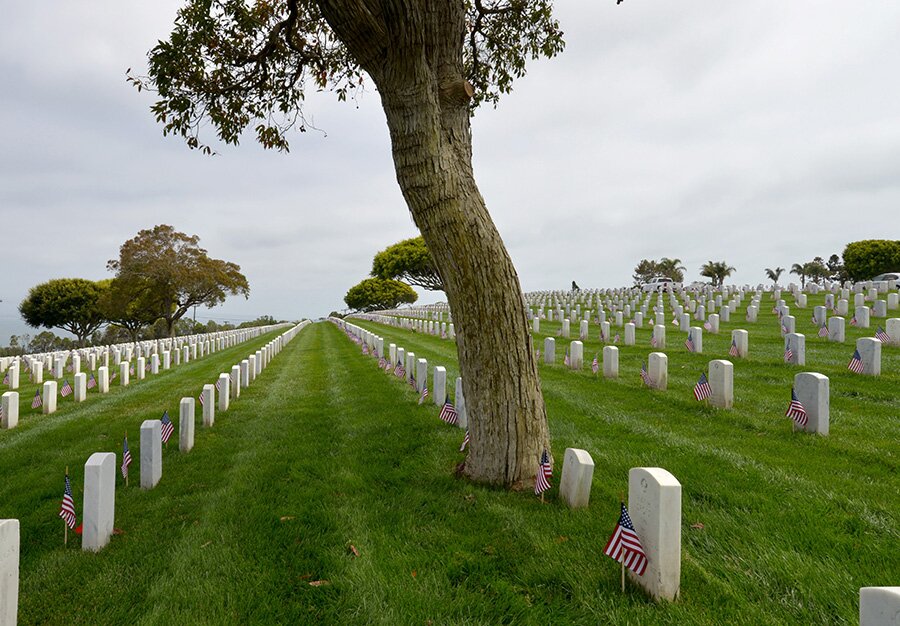Visiting a Cemetery with Your Children
Cemetery visits can be somber events, but they can also be a time for peaceful reflection. For many parents, it might seem morbid to bring a child on a cemetery visit, but it can also be a good experience for children as well. This article will discuss tips on bringing your children on a cemetery visit to see the grave of a loved one.
Learn the Rules Before You Go
Most cemeteries will have rules posted on their website regarding visits. This will include visiting hours, days the cemetery is open, and other important information. Generally, their site will also make note of any grave decorations that are allowed, and which are not. It is best to make note of these rules ahead of time when planning a visit.
High Volume Days and Your Children
There are some days that see more cemetery visits than others. This can include days in or around the winter holidays, Mother’s Day, Father’s Day, Memorial Day, and Veteran’s Day. It may be better to take your children on a day other than these high-volume days for their first visit so that they do not disturb others in mourning. It may also be easier to teach them cemetery etiquette with fewer distractions.
Instead, consider days that may be important to the individual(s) you are visiting. A birthday, death day, wedding anniversary, or another date of significance could be a good way to cherish the memory of those you are visiting.
Checking in at the Cemetery
Many cemeteries will have a visitor’s center or other central offices that you may want to consider visiting on the day of your visit. The staff there will be able to help you find your loved one’s plot or mausoleum faster. Additionally, they may provide you with other places of interest to take your children during the visit. Many cemeteries have beautiful gardens and other serene spaces that families can enjoy during their visit. Younger children may also enjoy a map of the cemetery, which can make the experience seem more interesting.
Teaching About Respect in a Cemetery
Children can often get rowdy or playful, especially in outdoor spaces. It is important to discuss with your children the importance of respecting the cemetery and the memorial stones. Instruct them not to touch or play on/around the headstones. It can be considered disrespectful to touch monuments or headstones of people you don’t know. Furthermore, older monuments that are in disrepair could be crumbling or falling apart.
Be Mindful Of Other Visitors
Even on weekdays, other individuals or families may be visiting. It is important to be mindful of others and to respect their privacy. Give them space, don’t stare, keep cell phone ringers off or on vibrate, and talk in a low voice if you must.
If there is a burial going on while you are at the cemetery, give the mourners space, and try your best not to disturb them. Most burial ceremonies will not take a long time, so if needed, consider visiting a cemetery garden to give them space if the burial is near the plot you are visiting.
For almost 50 years, Matthew Funeral Home has been serving the Staten Island community. We can help with almost every aspect of your loved one’s memorial service. Our family is here to serve yours, every step of the way.
 (718) 761-5544 |
(718) 761-5544 |  matthewfh@matthewfuneralhome.com |
matthewfh@matthewfuneralhome.com |  2508 Victory Boulevard, Staten Island, NY 10314
2508 Victory Boulevard, Staten Island, NY 10314








 matthewfh@matthewfuneralhome.com
matthewfh@matthewfuneralhome.com
Comments